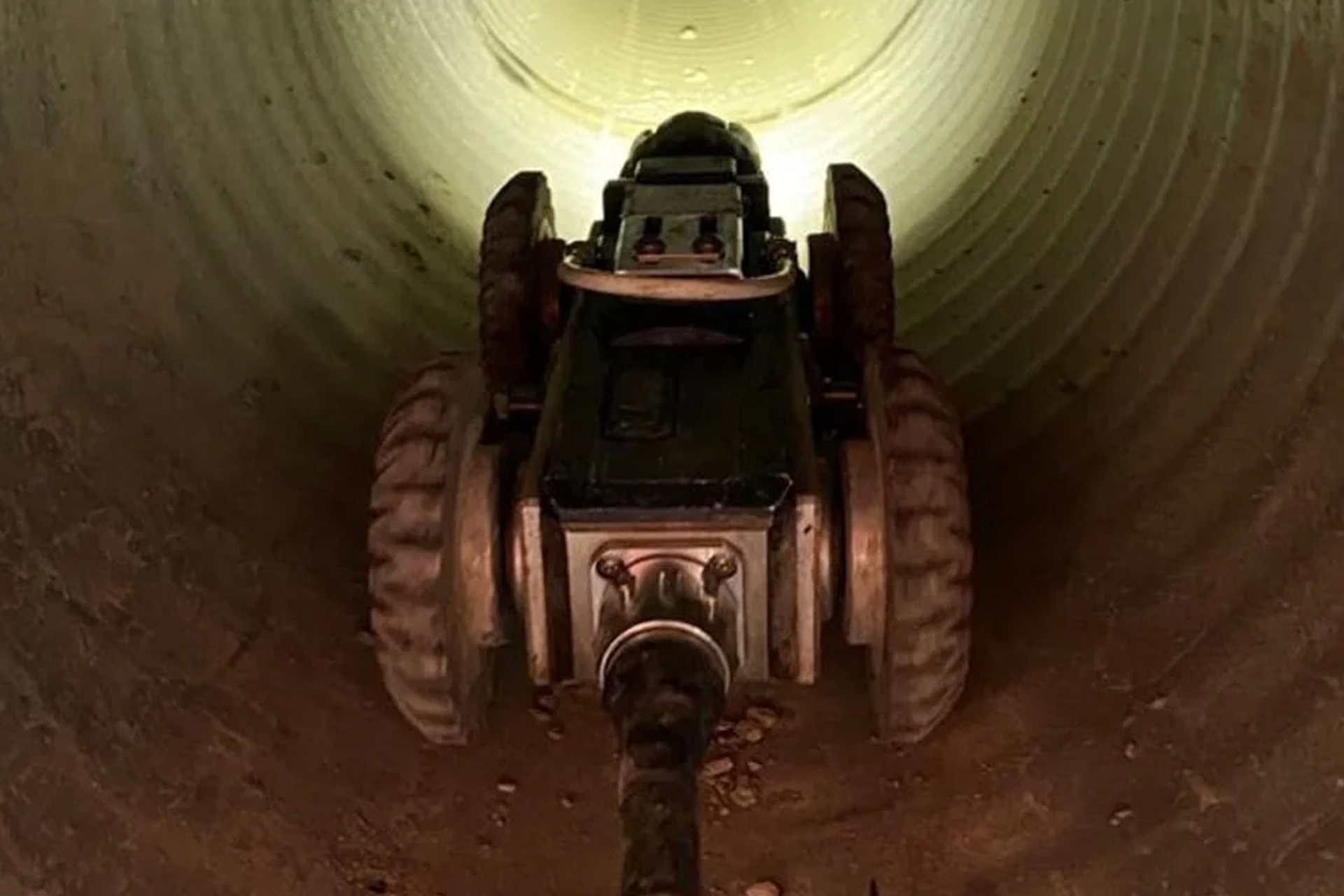Unknown Facts About Reclaim Waste
Unknown Facts About Reclaim Waste
Blog Article
An Unbiased View of Reclaim Waste
Table of ContentsHow Reclaim Waste can Save You Time, Stress, and Money.Some Ideas on Reclaim Waste You Need To KnowReclaim Waste Things To Know Before You Get ThisThe Best Strategy To Use For Reclaim WasteNot known Incorrect Statements About Reclaim Waste
Discover the types, events, and forms of liquid waste. Residential sewer waste describes the waste and products from a property septic system. This sort of waste is created by people in homes, colleges, and various other buildings. This only consists of sewage-disposal tanks that have a drainpipe field. The appropriate monitoring and disposal of domestic sewer waste call for fluid waste to be moved to a sewage therapy plant where the correct techniques and equipment are used to detoxify and deal with waste.
Industrial waste typically includes potential hazards, such as combustible products or a combination of fluid and strong waste items, and requires an advanced and thorough disposal procedure. The disposal of business waste generally entails the purification of waste before transportation to ensure secure and proper disposal. Industrial waste is created from results and runoff of commercial procedures and manufacturing.
This type of waste can not use the exact same sewage management transport or procedures as septic or business liquids. The industrial waste monitoring procedure calls for the examination and screening of fluid waste before it undergoes the disposal procedure (liquid waste removal). Overflow waste is the fluid waste that originates from runoff and excess stormwater in extremely inhabited locations or cities
Runoff waste can create contamination and flooding if not dealt with properly. Find out more about sewer cleansing and waste administration. Ensuring proper waste monitoring can avoid calamities and reduce environmental damage. Both individuals in household settings and specialists in industrial or manufacturing markets can gain from understanding the procedures and regulations of fluid waste administration.
4 Simple Techniques For Reclaim Waste
Get in touch with PROS Solutions today to discover our waste management and disposal solutions and the appropriate ways to look after the fluid waste you create.
(https://www.gaiaonline.com/profiles/reclaimwaste1/46907679/)Do you recognize what takes place to your water when you end, flush the toilet or drain the washing device? No? Well, it's worth recognizing. This supposed 'wastewater' is not just a crucial resource but, after treatment, will certainly be launched to our land, rivers or the ocean. Made use of water from bathrooms, showers, bathrooms, cooking area sinks, washings and industrial processes is referred to as wastewater.

water used to cool equipment or clean plant and tools). Stormwater, a kind of wastewater, is drainage that moves from farming and city areas such as roofs, parks, yards, roads, courses and gutters right into stormwater drains pipes, after rainfall. Stormwater moves unattended straight to regional creeks or rivers, at some point reaching the sea.
Reclaim Waste Things To Know Before You Get This
In Queensland, a lot of wastewater is dealt with at sewage therapy plants. Wastewater is transferred from domestic or industrial websites with a system of sewers and pump stations, referred to as sewage reticulation, to a sewer treatment plant. City governments develop, preserve and run most sewage treatment plants. Operators are accredited under the Environmental Management Act 1994 to discharge cured wastewater at an appropriate ecological requirement into rivers.
The Division of Natural Resources encourages city governments concerning handling, operating and keeping sewerage systems and treatment plants. In unsewered locations, regional governments might require owners to mount individual or home sewer treatment systems to treat residential wastewater from bathrooms, kitchens, shower rooms and washings. The Department of Natural Resources authorises using house systems when they are proven to be effective.
A lot of stormwater receives no treatment. In some brand-new communities, treatment of some stormwater to get rid of clutter, sand and crushed rock has actually started making use of gross contaminant traps. Wastewater treatment takes place in four stages: Eliminates solid issue. Bigger solids, such as plastics and various other things wrongly discharged to sewers, are gotten rid of when wastewater is passed via screens.
Wastewater after that flows into huge tanks where solids resolve and are gotten rid of as sludge. Grease and scum are skimmed from the surface. Uses little living microorganisms referred to as micro-organisms to damage down and eliminate continuing to be liquified wastes and great fragments. Micro-organisms and wastes are integrated in the sludge. Gets rid of nitrogen and phosphorus nutrients that could trigger algal flowers in our waterways and threaten water life.
Fascination About Reclaim Waste
Nutrient elimination is not readily available at all sewage treatment plants due to the fact that it calls for pricey specialized equipment. Clear liquid effluent created after treatment may still include disease-causing micro-organisms - liquid waste disposal melbourne.

The majority of wastewater moves into the sewage system. Under the Act, neighborhood federal governments provide approvals and licences for eco pertinent tasks (ERAs) including wastewater releases that could have a regional impact.
5 Simple Techniques For Reclaim Waste
Or else, samples are considered research laboratory evaluation. Often many examinations are required to establish the degrees of each of the various pollutants such as oils, hefty metals and chemicals in water. Surveillance supplies accurate info about water top quality and can verify that licence problems are being met. The info gotten through monitoring gives the basis for making water high quality choices.
Report this page